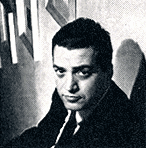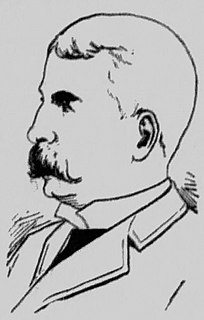A Quote by Nancy Kress
All writers, in all viewpoints, must choose which information and scenes will be presented, and in which order. In that sense, the author is always represented as a point of view in a work of fiction. His hand can always be detected by the discerning.
Related Quotes
The appeal of science fiction has always been its iconoclasm . . . But in order to be an iconoclast, an author must be more than merely aware of the idol he wishes to destroy. He must be intimate with it and understand it in all its aspects. This means that he must have devoted serious thought to it, and have beliefs of his own which will stand up in the place of the broken idol. In other words, any child can complain, but it takes an adult to clash with accepted beliefs . . . an adult with ideas.
With a novel, which takes perhaps years to write, the author is not the same man he was at the end of the book as he was at the beginning. It is not only that his characters have developed-he has developed with them, and this nearly always gives a sense of roughness to the work: a novel can seldom have the sense of perfection which you find in Chekhov's story, The Lady with the Dog.
The hardest thing over the years has been having the courage to go against the dominant wisdom of the time to have a view that is at variance with the present consensus and bet that view. The hard part is that the investor must measure himself not by his own perceptions of his performance, but by the objective measure of the market. The market has its own reality. In an immediate emotional sense the market is always right so if you take a variant point of view you will always be bombarded for some time by conventional wisdom as expressed by the market.
It is only because the majority opinion will always be opposed by some that our knowledge and understanding progress. In the process by which opinion is formed, it is very probable that, by the time any view becomes a majority view, it is no longer the best view: somebody will already have advanced beyond the point which the majority have reached. It is because we do not yet know which of the many competing new opinions will prove itself the best that we wait until it has gained sufficient support.
The master in the art of living makes little distinction between his work and his play, his labor and his leisure, his mind and his body, his information and his recreation, his love and his religion. He hardly knows which is which. He simply pursues his vision of excellence at whatever he does, leaving others to decide whether he is working or playing. To him he's always doing both.
Psychopaths have a grandiose self-structure which demands a scornful and detached devaluation of others, in order to ward off their envy toward the good perceived in other people. He will choose you, disarm you with his words, and control you with his presence. He will delight you with his wit and his plans. He will show you a good time but you will always get the bill. He will smile and deceive you, and he will scare you with his eyes. And when he is through with you, and he will be through with you, he will desert you and take with him your innocence and your pride.






































